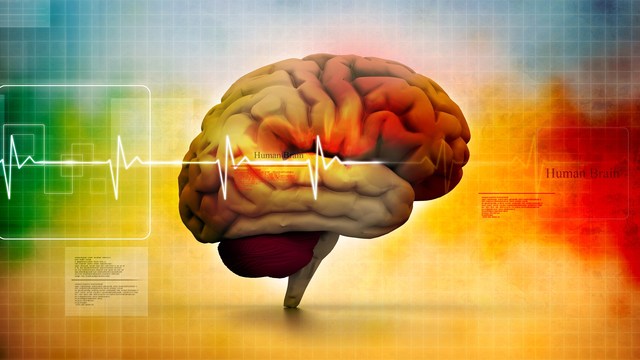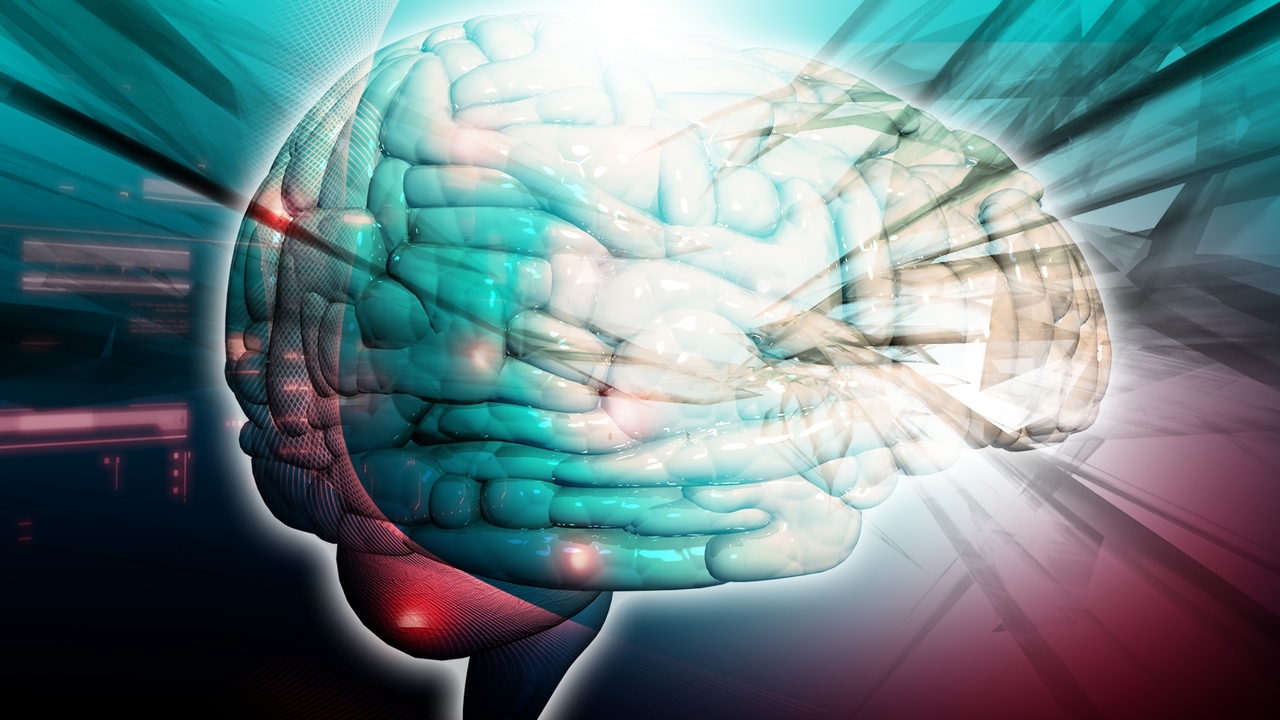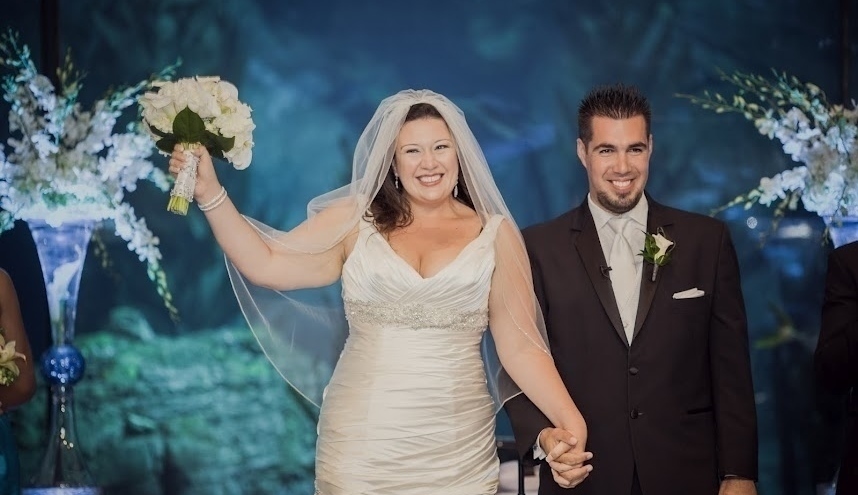 Divakaran Dileep/PhotoSpin
Divakaran Dileep/PhotoSpin
EmpowHER has received some really interesting questions recently about stroke. What is a stroke? Are there different kinds of stroke? How do I know if someone is having a stroke?
These are all great questions about a health care issue that will affect many of us -- as stroke victims ourselves or as carers of loved ones who have been through one.
Read this ASK and answer from EmpowHER Guide Maryann Gromisch, RN.
So what is a stroke and why is it so urgent to get immediate care?
EmpowHER describes a stroke as a brain injury. It occurs when the brain's blood supply is interrupted. Without oxygen and nutrients from blood, brain tissue dies quickly, in less than 10 minutes. This causes a sudden function loss.
There are many reasons why a stroke can happen.
It can be due to a blood clot, it can happen to cancer victims, pregnant women and people with heart disease or who've recently had an injury. It can also happen to someone who has had a blood hemorrhage around the brain.
Many stokes come out of the blue. But there are certain risk factors too. These include:
- High blood pressure (the number one risk factor for ischemic stroke)
- High blood homocysteine level
- Drug abuse (heroin, cocaine , amphetamines)
- Narrowing of arteries supplying the brain due to atherosclerosis
- High cholesterol levels , particularly low-density lipoprotein (LDL) cholesterol
- Smoking
- Diabetes mellitus
- Atrial fibrillation (abnormality of heart rhythm)
- Use of birth control pills if you are over 35 years old and smoke
- Long-term use of hormone replacement therapy
Why is it so necessary to get help immediately following a stroke?
Certain conditions, even cancers, can be treated over time. Stroke is not one of these conditions. Because (as mentioned above), the brain starts to deteriorate within 10 minutes, and because permanent injury, even death, can happen shortly after that time span, time is of the essence.
Looks for signs of confusion, of weakness and of paralysis, especially down one side of the body. Also look for a turned-down, drooping mouth, slurred speech, and drooping of one side of the face. There may be severe head pain or the person can have seizures, convulsing and writhing their bodies with no control.
Don’t expect the person to be able to talk. Don’t waste time trying to ask them how they feel or what is wrong if they cannot talk.
Call for paramedics immediately and advise that you suspect a stroke. If you are near a health care center, get your loved one there immediately and if possible, have someone call ahead to say you and your loved one are on their way.
It’s much better to be safe than sorry. If you or your loved one turns out to not have had a stroke, treatment can go ahead for whatever condition you have. But because the brain “dies” so quickly after a stroke, they must be seen by medical professionals right away.
Many people believe there is no coming back from a stroke. For some, this may be true. Age, the intensity of the stroke, general health and the time it took for stroke to medical help will all be factors. Some do die, others remain paralyzed.
But for many others there is a partial or full recovery from stroke -- again, based on the same factors above that can very negatively impact a stroke victim. Recovery will include immediate care, stabilization, medications, and physical therapy.
Physical therapy will be instrumental in learning to move the body once more and remind the brain how to function. It may take many months.
The National Stroke Association confirms that caretakers play a major part in stroke recovery. The Association says that caregivers will:
- Assist with doctor’s appointments, medications and exercises.
- Manage financial matters and transportation.
- Provide the stroke survivor with physical, mental and emotional support.
- Assist the stroke survivor with daily activities such as personal care and hygiene.
- Plan out the stroke survivor’s care, including setting routines and managing the care team.
- Assess stroke survivor’s medical needs, communicate with health care professionals and advocate medically for the stroke survivor.
The Association acknowledges the challenge of the detailed role that caretakers have and the stress that they too can endure. In fact, they maintain that loved ones are more important after a stroke than before.
Caregivers also need support and the National Stroke Association has links for caregiver support here.
You or your loved one can survive a stroke. Timing is everything.
Learn the signs above and act accordingly. If you have risk factors, advise your loved ones of what to look for in the event of a stroke. And above all else, err on the side of caution and get to a medical center or hospital straight away if you suspect a stroke is happening.
Sources:
EmpowHER.com. Stroke. Causes and Risks. Web. Retrieved July 29th, 2014.
https://www.empowher.com/condition/stroke/causes
National Stroke Association. Caregivers and Families. Web. Retrieved July 29th, 2014.
http://www.stroke.org/site/PageServer?pagename=care
Reviewed July 30, 2014
by Michele Blacksberg RN
Edited by Jody Smith





Add a CommentComments
There are no comments yet. Be the first one and get the conversation started!